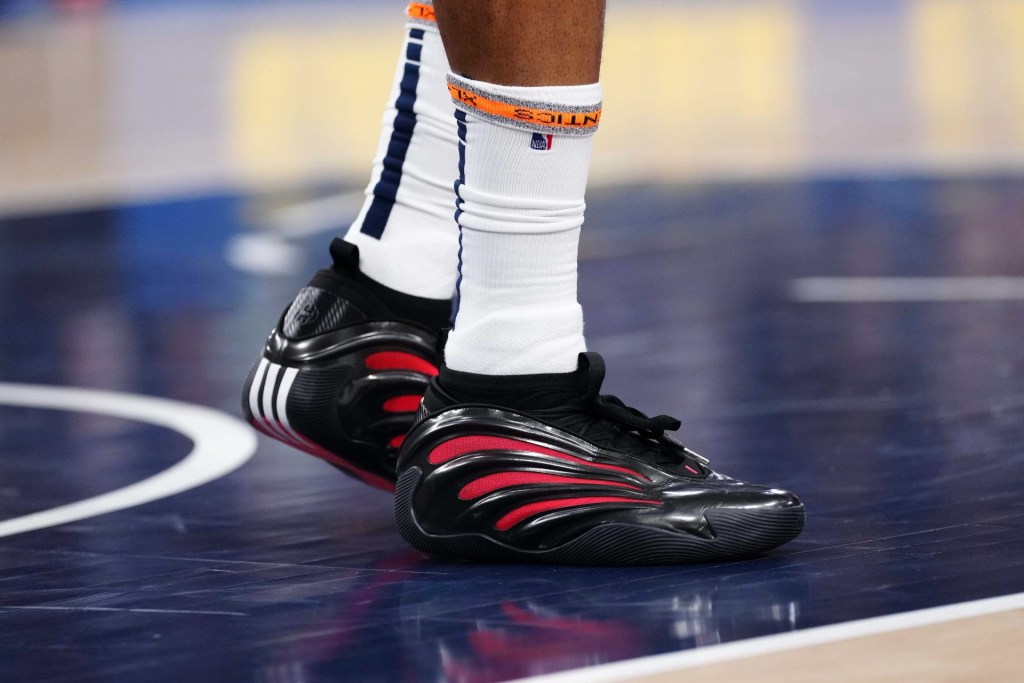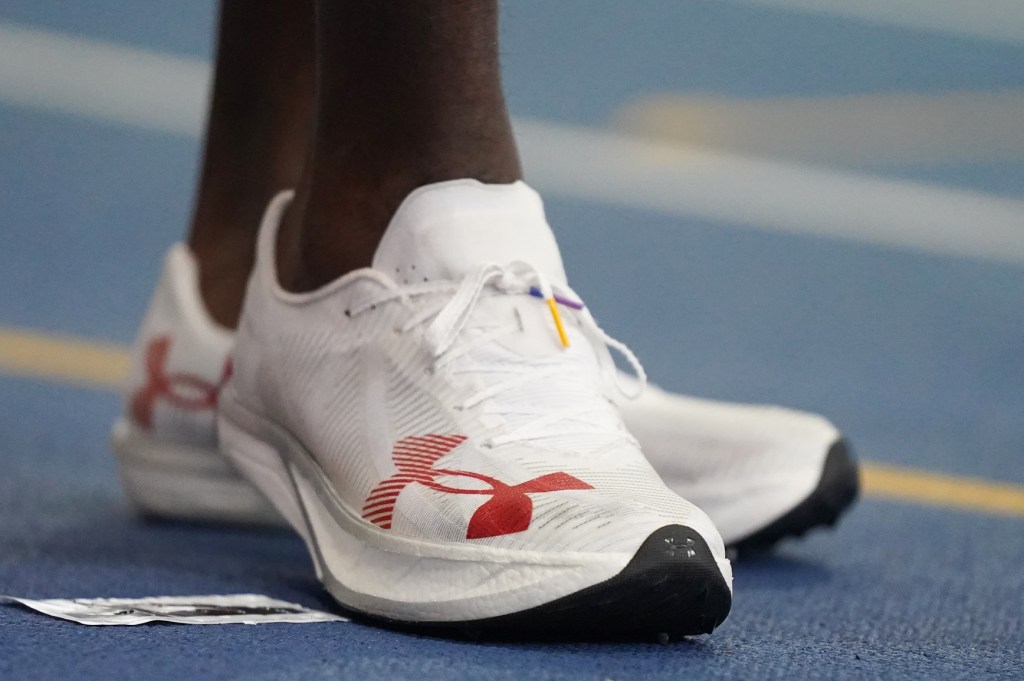Peloton’s continued popularity has a downside.
While analysts expect Peloton to announce its second consecutive profitable quarter when markets close on Nov. 5, the wait times for its equipment — especially its two bike models — are near where they were early in the pandemic.
“We are experiencing unexpected delays in receiving inventory (including your Bike+) due to congestion at the Port of Los Angeles,” Peloton wrote to one buyer in a note published by Bank of America analysts Justin Post and Joanna Zhao on Nov. 2. “As a result, we unfortunately need to reschedule your upcoming delivery. Rest assured we are doing everything possible to get you your Bike+ as soon as we can, including adding new delivery capacity in the weeks ahead.”
Peloton’s original bike, now priced at $1,895, has a 4-6 week delivery estimate and its new Bike+, which is priced at $2,495, has a 10-plus week wait, according to Peloton’s website on Nov. 4. Investors are seeking to get updates on how Peloton plans to cut those waits down, including details on a new factory in Taiwan.
“While we had expected demand to moderate, the unexpected sharp increase in COVID-19 cases in many states has perpetuated the imbalance of supply and demand in many geographies, causing continued elongated order-to-delivery windows for our customers,” Peloton wrote in its annual report released in September. “While we have significantly increased our production capacity in recent months and continue to grow our manufacturing capabilities, we do not expect to return to normalized order-to-delivery windows prior to the end of calendar year 2020.”
Post and Zhao wrote that continued supply chain issues could lead Peloton to miss their fiscal year outlook, although they expect the new factory to slash wait times. The two Bank of America analysts expect total revenues for the most recent quarter to exceed $736.4 million and connected bike and treadmill subscribers to reach 1.3 million, about a 20% gain each over last quarter.
Beyond extended delivery times, there are a couple other potential hurdles on the horizon for Peloton.
Apple is expected to launch its Apple Fitness Plus service in the coming weeks. The tech giant quietly released its Apple One bundle in late October. Subscribers to its $29.95 monthly “Premier” tier will get Apple Fitness Plus, Apple Music, Apple TV Plus, Apple News Plus and 2TB of iCloud storage.
For $12.99 a month, Peloton offers a digital subscription service for streamed workouts that can be accessed by smartphones and other streaming devices. Last quarter, Peloton announced it had 316,800 digital subscribers beyond its more than a million subscribers of its connected bikes and treadmills, a 210% increase year-over-year.
“We think [Apple Fitness Plus] will have limited impact on Peloton’s connected fitness base that uses Peloton’s bike or a tread,” Post and Zhao wrote. “We note that Peloton’s digital-only subscription revenue was only 1% of total revenue . . . with the biggest value of digital subscribers being potential conversion to connected fitness subscribers.”
A more immediate concern for Peloton could be the litigation costs and potential damages from various lawsuits.
While Peloton forced since-bankrupted FlyWheel out of the home bike market with a settlement in February, the company is a plaintiff or defendant in nine active federal cases, according to court records.
Many of the lawsuits revolve around patent infringement cases involving at-home competitors ICON Health & Fitness — the parent company of NordicTrack, Proform and Freemotion — and Echelon Fitness.
Peloton reported litigation expenses for fiscal 2020 at $60.1 million, five times the cost of 2019.
“The outcome of litigation is inherently uncertain,” Peloton wrote in its annual report. ‘Therefore, if one or more of these matters were resolved against us for amounts in excess of management’s expectations, our results of operations and financial condition, including in a particular reporting period in which any such outcome becomes probable and estimable, could be materially adversely affected.”
Lawyers for ICON Health & Fitness alleged in its most recent lawsuit filed against Peloton on Oct. 15 that most of the litigation costs in Peloton’s fiscal 2020 annual report were because “Peloton paid millions of dollars to Flywheel to force it out of the market and coerce Flywheel to sign a declaration stating that it had copied Peloton and infringed upon its patents.”
Peloton and ICON have filed a total of nine lawsuits against each other claiming patent infringement since 2016, three of which are still active. Messages left by Front Office Sports with a Peloton spokesperson and lawyers representing Peloton were not returned.



















